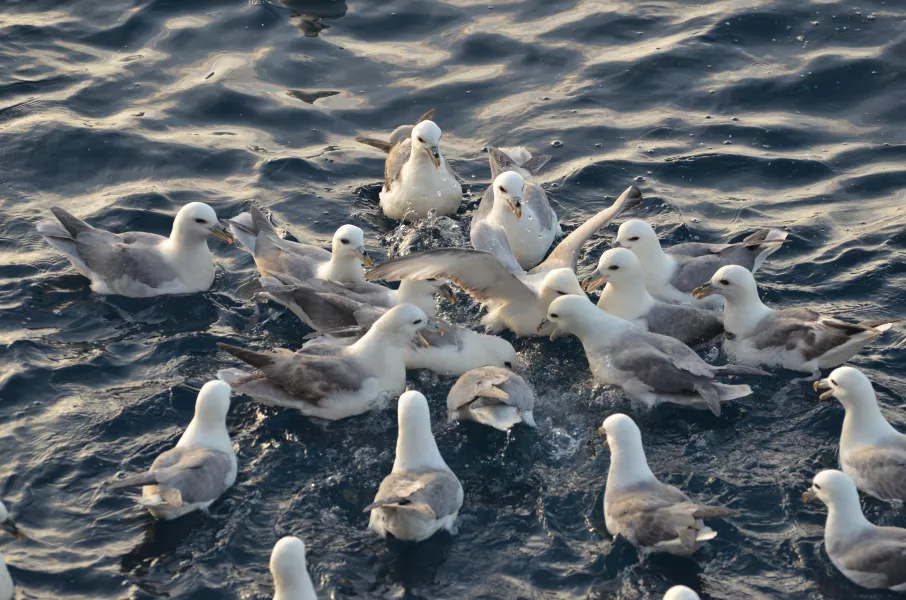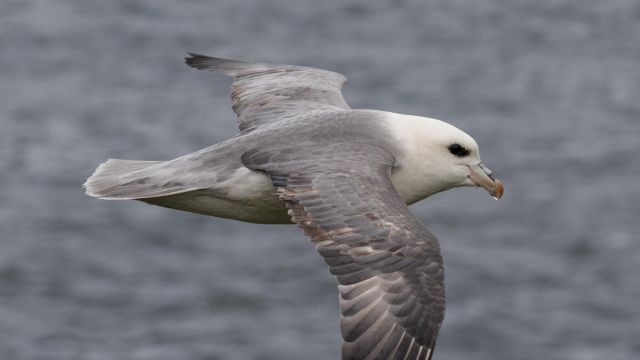The findings, published in the journal Frontiers in Environmental Science, are based on an analysis of stomach oil of northern fulmars, a common seabird found around the coasts of the UK.
Plastic pollution is seen as a growing threat to wildlife as birds, such as fulmars, can mistake it for food.
Ingesting plastic has been known to cause blockages in the digestive system but scientists have wondered whether these human-made substances could also release harmful chemicals as well.
Lead author Susanne Kuhn, a student at the Wageningen Marine Research in the Netherlands, said: “I’ve been working on northern fulmars for almost 10 years.
“As these seabirds ingest plastics regularly, and 93% of the fulmars from the North Sea have some plastic in their stomachs, it is important to understand the potential harm this could cause.”

Ms Kuhn, along with a team of researchers, replicated the conditions of the fulmar stomach in the laboratory.
The researchers exposed stomach oil, a nutrient-rich liquid found in the fulmar stomach, to small pieces of plastic typically found in the beach which seabirds would be likely to ingest.
The plastic samples were incubated in stomach oil for 90 days and chemical analysis was performed at different time points to see whether the pieces of plastic leached over time to release chemicals.
The researchers found evidence of 15 chemicals, added by plastic manufacturers during the production process, in the stomach oil.
These included plasticisers, antioxidants, UV stabilisers, flame retardants and preservatives.
Some of these substances are known for endocrine disruptive, carcinogenic, and other negative effects on organisms, the researchers said.

They also found that some stomach oil samples from fulmar chicks already had some of the plastic-derived chemicals in it before the experiments began – possibly due to the young being fed plastic by parents.
While the long-term health implications for the birds remain unclear, the researchers say previous studies show leached chemicals from plastic can disrupt hormone release and reproduction.
Ms Kuhn said: “You may be familiar with distressing images of birds caught in plastic packaging or fishing line, but this study reveals that discarded plastic could also have long-term toxic effects on seabirds.
“I hope that these results will increase awareness of the various negative effects of plastic debris in the oceans.
“We urgently need to reduce the amount of plastic in the marine environment.”







